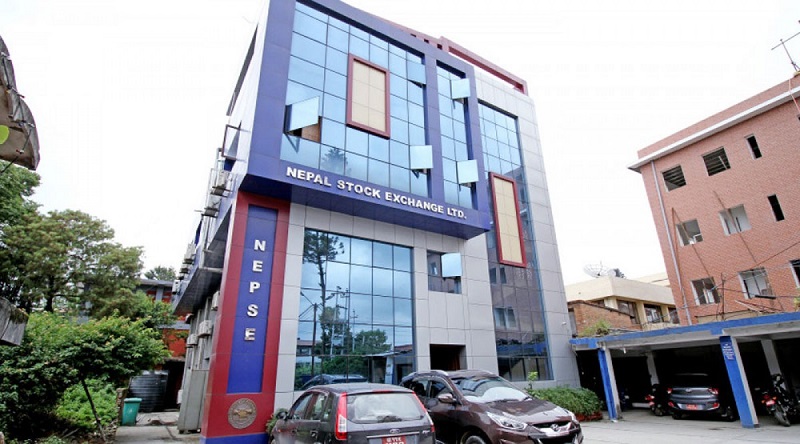

Usually, the share market booms when the country’s economy booms. But in Nepal, the stock market booms even when the country faces an economic crisis or natural disaster.
NepalNews talked to Nepal Rastra Bank’s former executive director, Nara Bahadur Thapa to learn about the present condition of Nepal’s stock market. He said that the share market in Nepal has its own fundamental which is not directly linked with the country’s economy. The stock market in Nepal is closely related to banks and financial institutions (BFIs). However, the market has gradually paced up towards the country’s economy, he said.
Thapa said that the fluctuation in the share price depends on three factors — investment, liquidity and interest rate, and BFI. During the conversation, he said that whenever there is risk in the country owing to natural disasters and pandemics, there is hardly any possibility of investment in real estate, as a result, people invest in securities. Those who want to invest in the industry, business and tourism sectors are attracted to the share market. That’s how the transactions in the stock market rapidly increase during disasters.
In other words, the share market is the opportunity to invest during a time of pandemic and natural disaster. NRB’s former executive director said that people were often seen taking loans from banks and investing in the share market because usually the dividend payment offered by the company is relatively higher than the interest rate in the loan, and also there is potential for growth of dividend. However, when the interest rate on bank loans increases it creates a crisis and leads to the share market crash.
However, he opined that the stock market in the country is organised although it is separate from the economy. Talking about the merits of stock business, Thapa said that anybody who wants to invest can choose to invest in the share market. Investors need to know the company’s financial condition and the dividend it has offered on a share to its shareholders.
He informed that the NRB has made a rule for the BFI’s to unveil the balance sheets every month which the investors can use to get information about the company’s financial condition.
Likewise, economy analyst Chandramani Adhikari said that the stock market goes in the same direction where the economy goes. He said that the investors have to analyse the company’s financial condition before buying shares. He said that it is considered a good investment when the company offers dividends of up to 50 per cent. The investors have to consider how much to invest in buying the initial public offering (IPO) shares and in the secondary market.
Usually, when the economy booms share market also booms. But when there is no slowdown in the share market when the economy slows down then it has to be understood that somewhere there is disorder. In Nepal shareholders and investors lack analysis while big investors are found playing games. Nepal Stock Exchange (NEPSE) officers and Securities Board of Nepal (SEBON) chairs are found involved in irregularities and scams as the stock market in Nepal is not matured.
The regulator bodies like SEBON that is authorised to carry out the assessment of companies should not be involved in hiding information and sharing any companies information unnecessarily is rampant in Nepal.